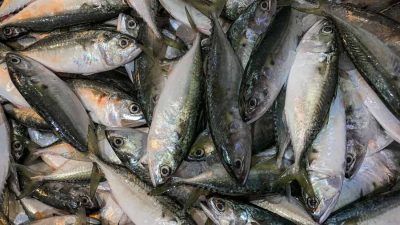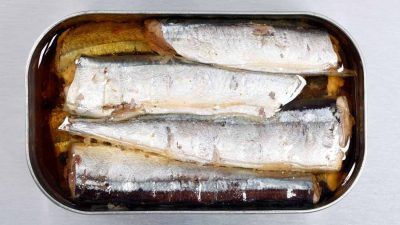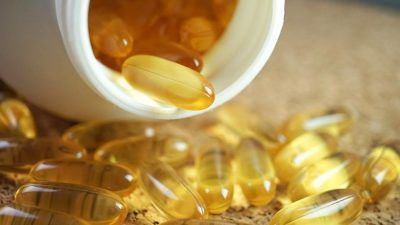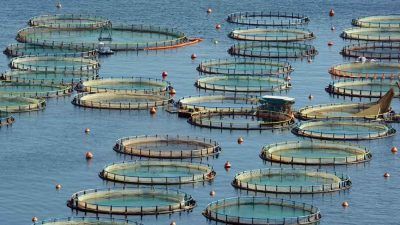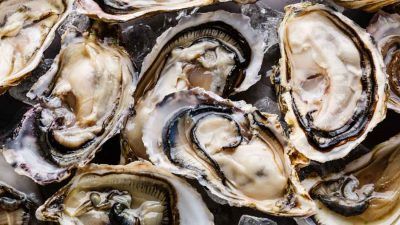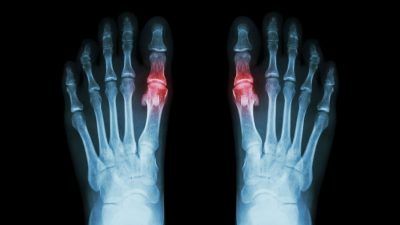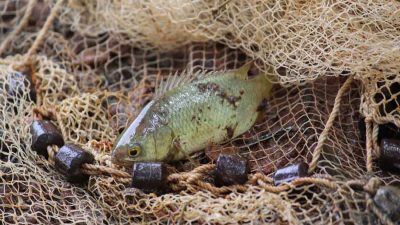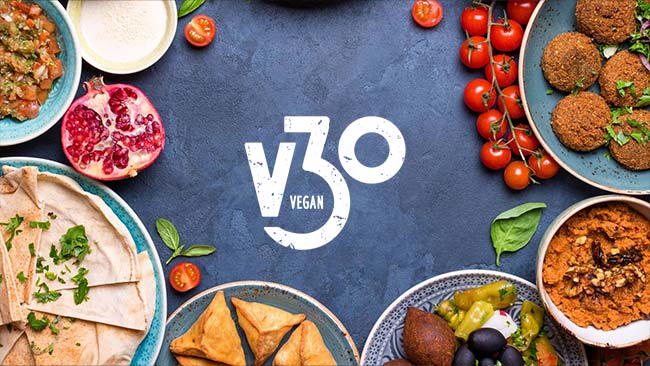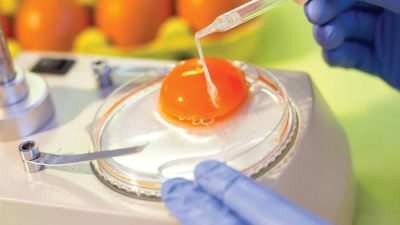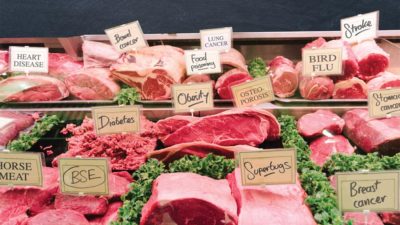Fish – Why Animal Products Harm
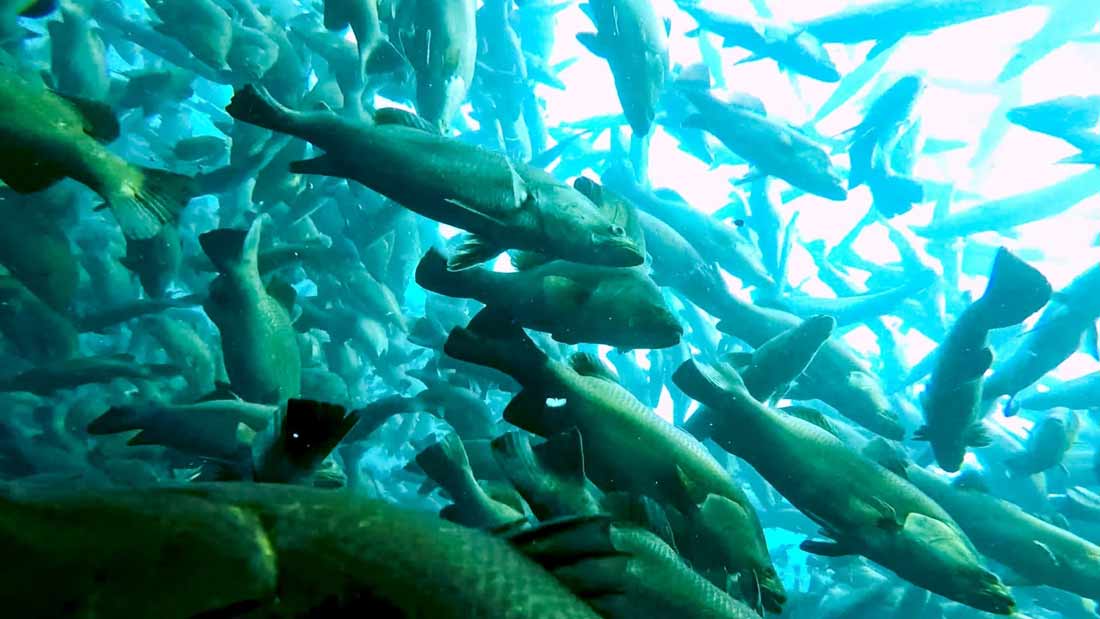
Fish is not a health food by any means. Widespread pollution makes fish and shellfish so dangerous to eat that the Government recommends limits for their consumption. Fish oil is not the miracle cure-all it was promised to be either – it doesn’t prevent heart disease and may be contaminated too. Going fish-free can protect your health and contribute to a more sustainable future.
Summary:
- Fish are contaminated with a vast number of chemicals and heavy metals. It’s why the Government recommends limiting their consumption.
- Fish oil also contains many of the chemicals that may have adverse health effects.
- Cooking fish at high temperatures produces yet more toxic compounds that may increase your risk of cancer.
- Farmed fish contain more pollutants than wild fish.
- The human body needs small amounts of omega-3 fats to function but fish do not make them and we do not have to consume fish to obtain the fats. Omega-3s are made by tiny algae that fish eat.
- We can either get omega-3s from those tiny algae (as supplements) or choose plant omega-3s – both sources are healthy, unlike toxin-containing fish and fish oils.
- Fish oil doesn’t prevent heart disease.
- Fish farming directly promotes the evolution of antibiotic-resistant bacteria – a major public health threat.
- Eating fish and shellfish puts you at risk of food poisoning. Pregnant women, babies and children are advised not to eat raw shellfish at all and to avoid certain other fish.
- People who often eat fish and shellfish, as well as meat, are at high risk of gout – a painful joint condition.
- Commercial fishing and fish farming are not sustainable, they seriously damage and pollute the environment and decimate wild fish populations.
Keep reading for detailed information and references!
Going fish-free is not just a healthy choice, it’s also an ethical and sustainable one. If you’re used to meals based around fish and other animal products, the idea of a plant-based diet may be daunting but we’re here to help make it super easy!
Sign up to our daily emails for a week to receive mouth-watering meal plans, nutritional advice and health information.
If you want to try it for a month, sign up to 30 days of delicious vegan recipes, tips and product info… all free!
All about fish
Find all the above and more in Viva!’s resources on fish:
Delve deep into the science beyond health claims and fish in The Fish Report.
Find out more about fish, fish oil and omega-3s in the Fish-free for Life guide.
Or see the summary in this handy Fishing for Facts factsheet.




